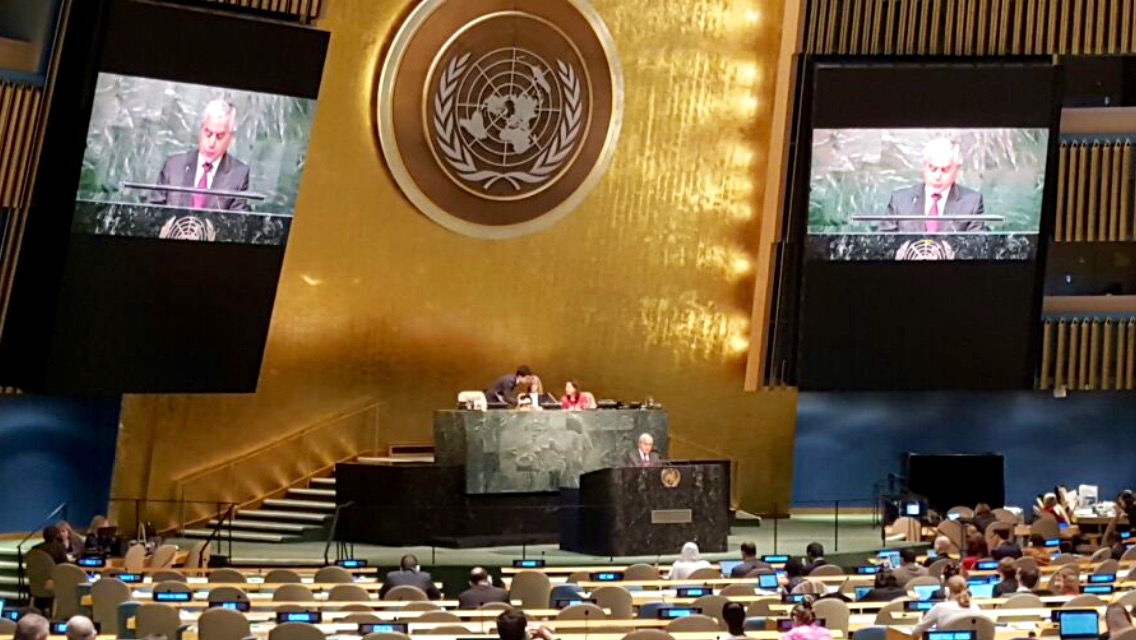Portugal plays an active role in Internet governance at UN General Assembly

The FCT, as the entity responsible for public policies for the Information Society in Portugal, and ANACOM, as the government's assistant in the field of communications, formed the Portuguese delegation headed by Portugal's Permanent Representative to the UN, Ambassador Álvaro Mendonça e Moura.
In 2005, the Tunis Agenda for the Information Society reiterated the benefits that Information and Communication Technologies bring to citizens' lives and committed to developing mechanisms to combat digital divides.
Ten years later, representatives from more than 190 nations are meeting again to discuss the impact of these actions on the economic and social development of countries. It was concluded that, despite the progress made in the digital world over the last decade—there is now more infrastructure and higher levels of digital literacy among populations—inequalities in the distribution of opportunities for access to technological knowledge have increased. It is therefore necessary to combat the digital divide that continues to divide countries, regions, and generations.
The importance of the Internet for overall development and the challenges posed by the use of ICTs were other aspects highlighted on the agenda of this meeting of nations, which culminated in the renewal for another 10 years of the mandate of the IGF Forum (Internet Governance Forum) – the multistakeholder platform that promotes discussion of policies on network governance.
Portugal, through the FCT, has played an active role in the Information Society movement. In addition to participating in the discussion of proposals, monitoring various European and international forums, and cooperating with world governments in the implementation of measures, Portugal has been a member of the UN Commission on Science and Technology for Development ( ) since 2009, the high-level advisory body on science and technology policies.
In this regard, Ambassador Álvaro Mendonça e Moura demonstrated that, in terms of Internet governance, Portugal is aligned with the WSIS recommendations to keep the Internet free, open, interoperable, stable, secure, and trustworthy, citizen-centered, inclusive, and development-oriented, based on respect for human rights and fundamental freedoms.
The speechgiven by the Portuguese diplomat on the second day of the High-Level Meeting recalled that the World Wide Web was developed in one of the largest research laboratories that contributes most to the free and collective dissemination of knowledge, science, and technology— CERN.
Álvaro Mendonça e Moura emphasizes that“a joint effort is needed to ensure that, in the future, everyone can benefit from the potential of the Information Society to improve their quality of life and develop their skills. We believe that this vision will only become a reality through a multistakeholder model.”
In conclusion, the representative of Portugal reaffirms that“the discussion of public policies for the Information Society must involve the broad participation of the various stakeholders and, for these reasons, Portugal supports the renewal of the mandate of the Internet Governance Forum for a further 10 years.”